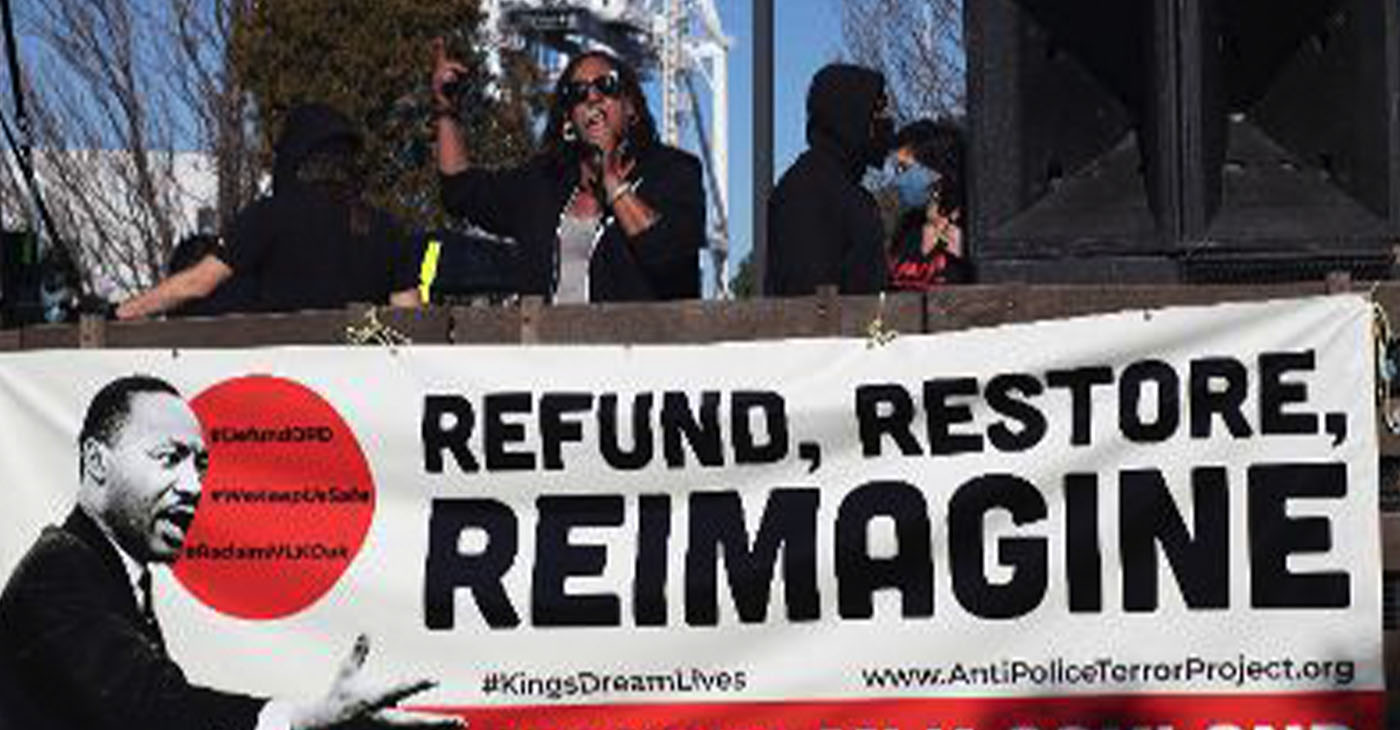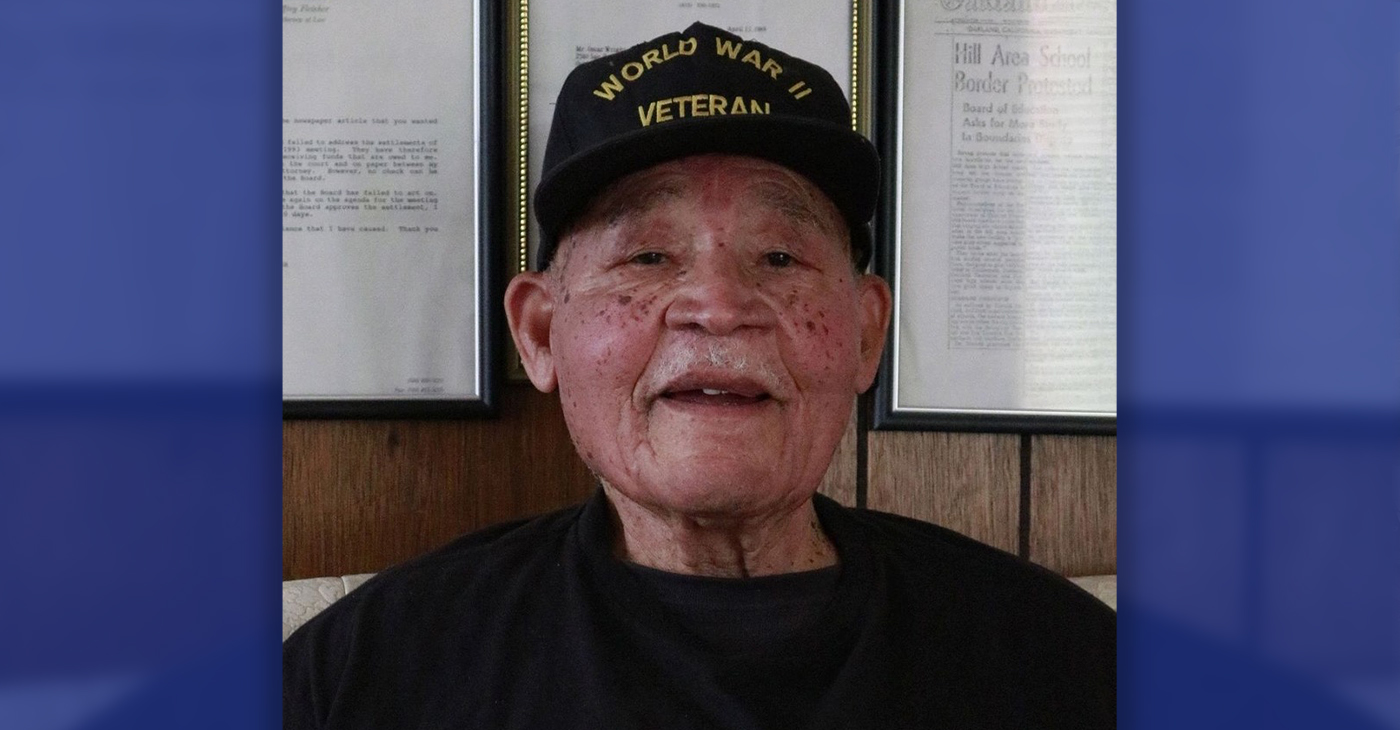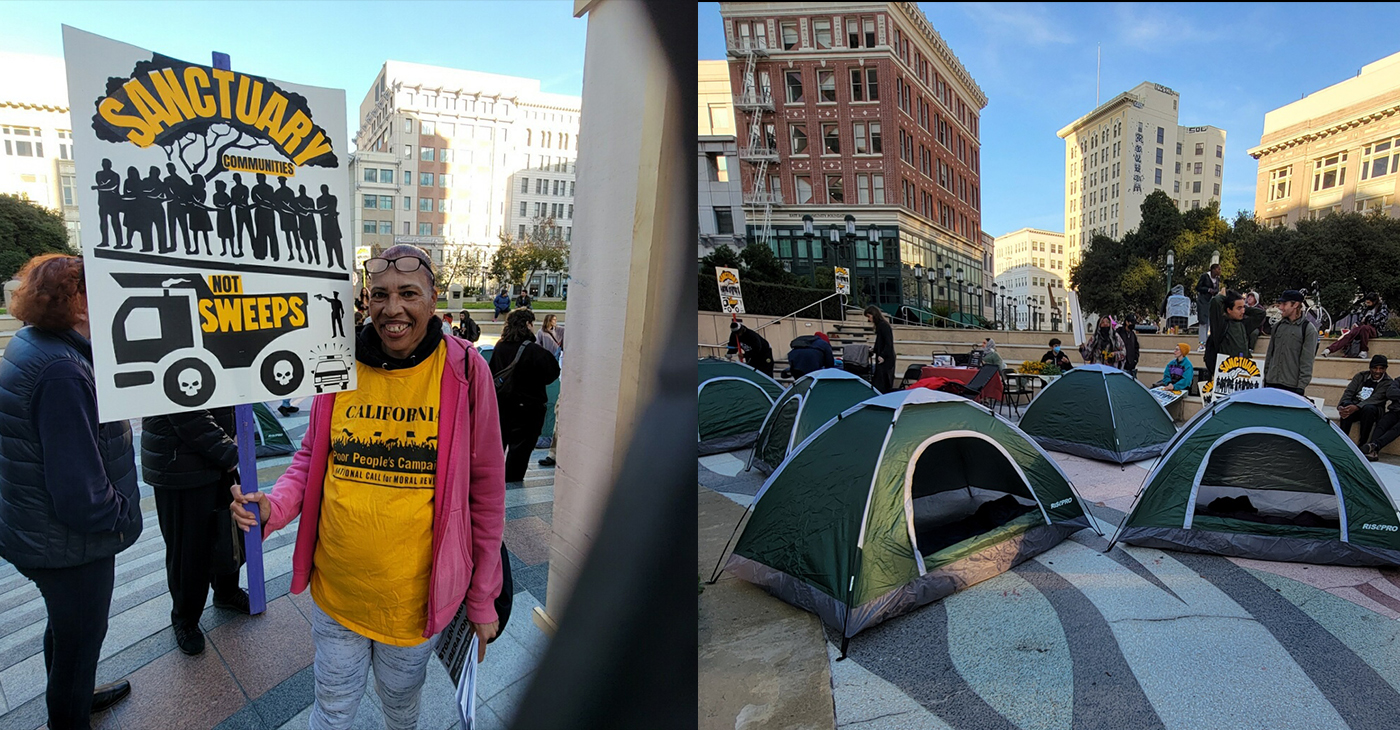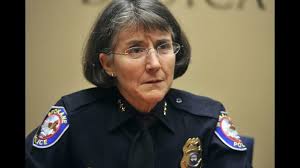Activism
Black Mental Health Part 9 – The Anti Police-Terror Project
APTP saw their desire for change come to fruition when Oakland adopted the MACRO program. The Mobile Assistance Community Responders of Oakland (MACRO) program handles non-emergency and non-violent 911 calls. APTP trains MACRO participants and pushed to establish a community advisory board. They work with Elliott Jones, director of MACRO, to replace services the police once provided. The MACRO model is grounded in empathetic service to the community while reducing responses by police.

By Tanya Dennis
The Anti Police-Terror Project was formed by a hodge-podge of organizations led by community activist Tur-Ha Ak; nurse, Asantewaa Boykin; poet, Michael Walker, Tha Ghetto Prophet; and performer, organizer and activist Cat Brooks.
They were in the streets between Los Angeles and Oakland in 2010 training organizers on how to respond to police-resident encounters to ensure that the killing people of color ceased. Instead, they witnessed an increase.
According to Brooks, “We questioned what communities would look like if we did not call the police, and what we learned in the data was the only way to decrease the number of killings was to decrease police presence in our communities.”
Brooks said that the community’s demand for change stemmed from numerous atrocities perpetrated by the Oakland Police Department (OPD) where 11 Black men were killed in one year, and Celeste Guap reported in 2016 that she had been raped and trafficked by 14 law enforcement officers including OPD.
Brooks added, “. . .and there was a definite shift against the police after they gunned down Yuvette Henderson in 2015 for shoplifting. I believe that was part of what gave birth to the ‘Say Her Name’ movement.”
APTP, recognizing the need to create alternative responses, birthed their “Defund the Police” movement. “Even though our Defund the Police campaign drew a lot of negative responses, it was important for people to get together and say their names, to express their rage and talk about, not just the physical impact these killings were having on our emotional health, but the impact of them killing us one after another, and our lack of power to do anything about it.”
Redefining what public safety looked like, APTP engaged Oakland and Sacramento communities with de-escalation training, developing a mental health model that did not involve the police.
“We developed Mental Health First, a First Responders Program, Rapid Response Program, and a Jail Support Program. Our Mental Health First program is an assembly of doctors, nurses and people affected. As people learned about our services our phone began ringing off the hook, from people grateful to have a number to call other than 911.
“The problem is that there’s no place a Black person can go to get long-term care for mental issues. We’re building a clinic where we can hold people for longer than 24 hours. Sometimes a person just needs a warm blanket, some food and to be heard.”
About 40% of the City of Oakland’s general funds go to the police. APTP proposes that the police budget be cut in half and funds instead go to the community and provide 24/7 mental health services in Oakland.
APTP saw their desire for change come to fruition when Oakland adopted the MACRO program. The Mobile Assistance Community Responders of Oakland (MACRO) program handles non-emergency and non-violent 911 calls.
APTP trains MACRO participants and pushed to establish a community advisory board. They work with Elliott Jones, director of MACRO, to replace services the police once provided. The MACRO model is grounded in empathetic service to the community while reducing responses by police.
APTP is continuing to build infrastructure and is looking to hire a statewide advocate to create policy to decriminalize people with mental health disabilities. APTP accepts no government money and is supported by the Akonodi and Rosenberg Foundations, California Endowment, and Lateefah Simon, a BART Board Director, among others.
The MH First hotline number in Oakland, 510-999-9MH1, is operational between 8:00 p.m. and 8:00 a.m. Fridays and Saturdays.
Activism
Living His Legacy: The Late Oscar Wright’s “Village” Vows to Inherit Activist’s Commitment to Education
Kingmakers of Oakland (KOO), a nonprofit organization that works to improve educational and life outcomes for Black boys and men, stated that “Oscar Wright is one of the most prolific, consistent, and committed advocates of equity for Black students and Black Families here in Oakland for the past six decades.”

By Antonio Ray Harvey, California Black Media
Activists mourning Oscar Carl Wright’s death, have pledged to continue his lifelong mission of advocating for Black students and families in Northern California.
Wright, 101, who passed away on Nov. 18, was involved in Oakland’s educational affairs until his death.
Now, friends and admirers acknowledge that carrying on his legacy means doubling down on the unfinished work that Wright dedicated his life, time, and resources to, according to Y’Anad Burrell, a family friend and founder of San Francisco-based Glass House Communications (GHC).
“Mr. Wright did a lot of work around equity, specifically, for Black students based on their needs — whether it was tutoring, passing classes, or graduating,” Burrell said.
Wright became a champion for his children’s education, recognizing the disparities between their school experiences and his own upbringing in the Mississippi Delta.
Burrell told California Black Media (CBM) that the crisis of unequal access to resources and a quality education continues to affect the Oakland Unified School District (OUSD).
According to Oakland Reach, in the city of Oakland, only 3 in 10 Black and Brown students are reading at or above grade level. In addition, only 1 in 10 are doing math at or above grade level.
Oakland REACH is a parent-run, parent-led organization. It aims to empowers families from the most underserved communities to demand high-quality schools for their children.
Wright’s work as an activist had impact across the state but he was primarily known in the Bay Area. Alongside the Black United Front for Educational Reform (BUFER), he filed a complaint against OUSD for violating the Civil Rights Act of 1964.
In 2000, the OUSD school board proposed an action plan to address educational inequity, but it was never implemented.
Wright later founded the African American Honor Roll Celebration at Acts Full Gospel Church, an award that recognizes Black students with a grade point average of 3.0 or better. Each year, more than 1,000 students are honored at this ceremony.
Kingmakers of Oakland (KOO), a nonprofit organization that works to improve educational and life outcomes for Black boys and men, stated that “Oscar Wright is one of the most prolific, consistent, and committed advocates of equity for Black students and Black Families here in Oakland for the past six decades.”
Burrell said that one of the main reasons Wright’s work was so essential for families and children in Oakland that is the direct relationship between acquiring a quality education and affording quality housing, maintaining food security, achieving mental wellness, and securing stable employment.
Wright was the child of sharecroppers from Coahoma County, Mississippi. He attended Alcorn State University, a Historically Black College and University (HBCU).
In the late 1950s, Wright and his family relocated to the Bay Area where he worked as a contractor and civil engineer. He later became an active member of the National Association for the Advancement of Colored People (NAACP).
Burrell said the people who will carry on Wright’s work are part of a “village” that includes KOO’s CEO Chris Chatmon. Wright was a mentor to Chatmon.
“It will not be one entity, one person, or one organization that picks up the baton because it was a village effort that worked alongside Mr. Wright for all these years,” Burrell said.
Burell says that legacy will live on.
Activism
Protesters Gather in Oakland, Other City Halls, to Halt Encampment Sweeps
The coordinated protests on Tuesday in San Francisco, Oakland, Vallejo, Fresno, Los Angeles and Seattle, were hosted by Poor Magazine and Wood Street Commons, calling on cities to halt the sweeps and focus instead on building more housing.

By Post Staff
Houseless rights advocates gathered in Oakland, San Francisco, Los Angeles, and other city halls across California and Washington state this week protesting increased sweeps that followed a U.S. Supreme Court decision over the summer.
The coordinated protests on Tuesday in San Francisco, Oakland, Vallejo, Fresno, Los Angeles and Seattle, were hosted by Poor Magazine and Wood Street Commons, calling on cities to halt the sweeps and focus instead on building more housing.
“What we’re dealing with right now is a way to criminalize people who are dealing with poverty, who are not able to afford rent,” said rights advocate Junebug Kealoh, outside San Francisco City Hall.
“When someone is constantly swept, they are just shuffled and things get taken — it’s hard to stay on top of anything,” said Kealoh.
Local houseless advocates include Victoria King, who is a member of the coordinating committee of the California Poor People’s Campaign. She and Dr. Monica Cross co-chair the Laney Poor People’s Campaign.
The demonstrations came after a June Supreme Court ruling expanded local governments’ authority to fine and jail people for sleeping outside, even if no shelter is available. Gov. Gavin Newsom in California followed up with an order directing state agencies to crack down on encampments and urging local governments to do the same.
Fresno, Berkeley and a host of other cities implemented new rules, making it easier for local governments to clear sidewalk camps. In other cities, such as San Francisco, officials more aggressively enforced anti-camping laws already on the books.
Activism
Celebrating East Bay Leaders Keith Carson and Federal Glover at Geoffrey’s Inner Circle
Several leaders were in attendance including fellow Alameda Supervisors Elisa Marquez and Lena Tam, Superior Court judge-elect Terry Wiley, and African American Sports and Entertainment Group’s founder Ray Bobbitt, along with many other guests.

By Magaly Muñoz
After decades of public service in the East Bay, community members and leaders came together to celebrate Alameda County Supervisor Keith Carson and Contra Costa Supervisor Federal Glover at Geoffrey’s Inner Circle Thursday afternoon.
Several leaders were in attendance including fellow Alameda Supervisors Elisa Marquez and Lena Tam, Superior Court judge-elect Terry Wiley, and African American Sports and Entertainment Group’s founder Ray Bobbitt, along with many other guests.
First elected in 1992, Carson has served District 5 for 24 years and announced his decision to step away from his seat earlier this year, just before the deadline to submit new candidate applications.
He dedicated his long career to bringing access to health care, addressing homelessness, lowering crime, improving business retention, and growing job opportunities in Alameda County.
Glover began his tenure as Contra Costa Supervisor in 2000 and previously served as mayor of Pittsburg in 1998. During his time as Supervisor, he supported initiatives on public transportation, created committees for public safety, and supported task forces on health.
“These two distinguished leaders have dedicated their lives to improving the lives of so many people across Alameda and Contra Costa (counties). Their work has touched every corner of the East Bay,” Alameda County Supervisor and President Nate Miley said.
Leaders from both counties spoke on the supervisors’ legacies and their dedicated years of service.
Contra Costa Supervisor John Gioia said that Glover was the type of person that grew with each challenge that crossed him, especially after he had major surgery in 2020. But Gioia said that the treatment did not deter Glover.
“He’s had tougher races for reelection than any member of our board that I can recall, and he’s always come back stronger than before,” Gioia said.
Sharing a county border, Gioia complimented Carson on his ability to sway leaders from both sides of the political aisle to listen on the issues affecting locals and residents across the nation.
Shannell Scales Preston, who is taking over Glover’s D5 seat in 2025, told event attendees that Glover was a mentor to her for many years. He often would call Preston after Pittsburg City Council meetings with remarks about her performance and how well she spoke up on certain issues.
With Glover spending years as the only Black elected official in local government, Preston would ask him how he managed to not feel lonely about the job. She then congratulated him on being the only supervisor in Contra Costa to have all Black mayors under his district in 2023.
Preston said he’s been a leader to many diverse groups and his tenure has seen leaders of all backgrounds, but particularly paving the way for Black leaders in predominantly white areas.
Miley, who has shared his entire 24-year tenure on the Alameda Board with Carson, tearfully wished the exiting supervisor luck and said he would miss him dearly.
Carson said that as we embark on a “dark time” for everyone across the nation and worldwide in 2025, it’s important to continue communicating and working with groups from all backgrounds because that is the only way things will get done.
“There have been many lonely nights, but then the sun comes out in the morning when you continue to think, ‘I can make a difference,’” Carson said.
-

 California Black Media4 weeks ago
California Black Media4 weeks agoCalifornia to Offer $43.7 Million in Federal Grants to Combat Hate Crimes
-

 Black History4 weeks ago
Black History4 weeks agoEmeline King: A Trailblazer in the Automotive Industry
-

 California Black Media4 weeks ago
California Black Media4 weeks agoGov. Newsom Goes to Washington to Advocate for California Priorities
-

 Activism4 weeks ago
Activism4 weeks agoOakland Post: Week of November 27 – December 3, 2024
-

 California Black Media4 weeks ago
California Black Media4 weeks agoCalifornia Department of Aging Offers Free Resources for Family Caregivers in November
-

 Activism2 weeks ago
Activism2 weeks agoButler, Lee Celebrate Passage of Bill to Honor Congresswoman Shirley Chisholm with Congressional Gold Medal
-

 Activism2 weeks ago
Activism2 weeks agoPost News Group to Host Second Town Hall on Racism, Hate Crimes
-

 Activism2 weeks ago
Activism2 weeks agoDelta Sigma Theta Alumnae Chapters Host World AIDS Day Event






















































